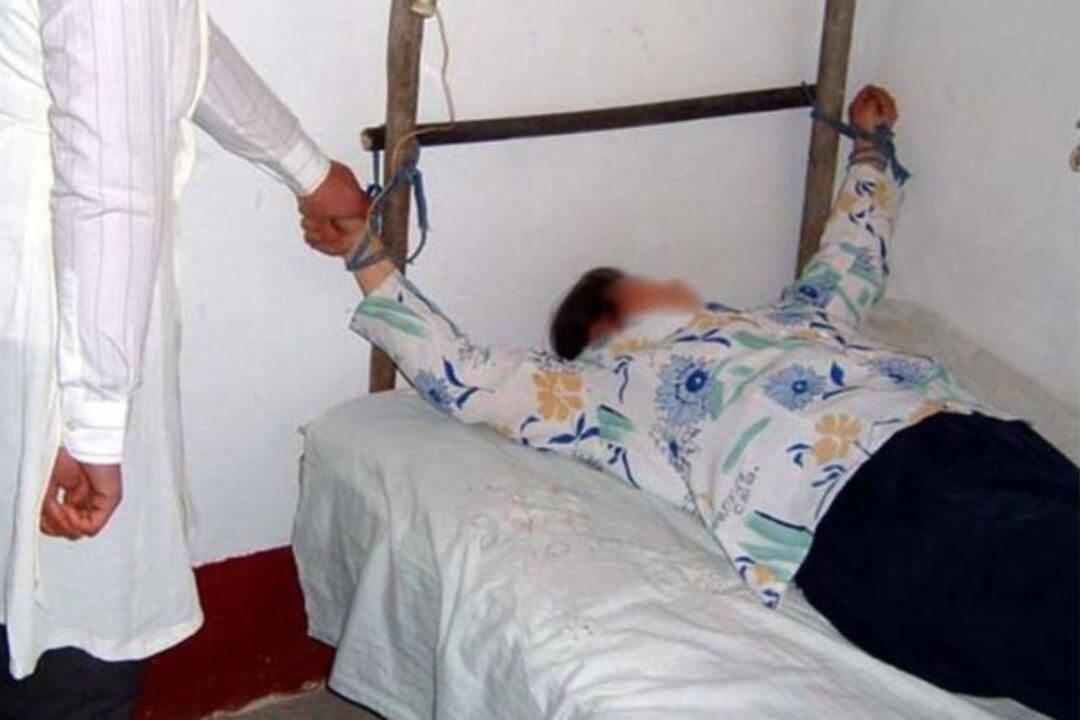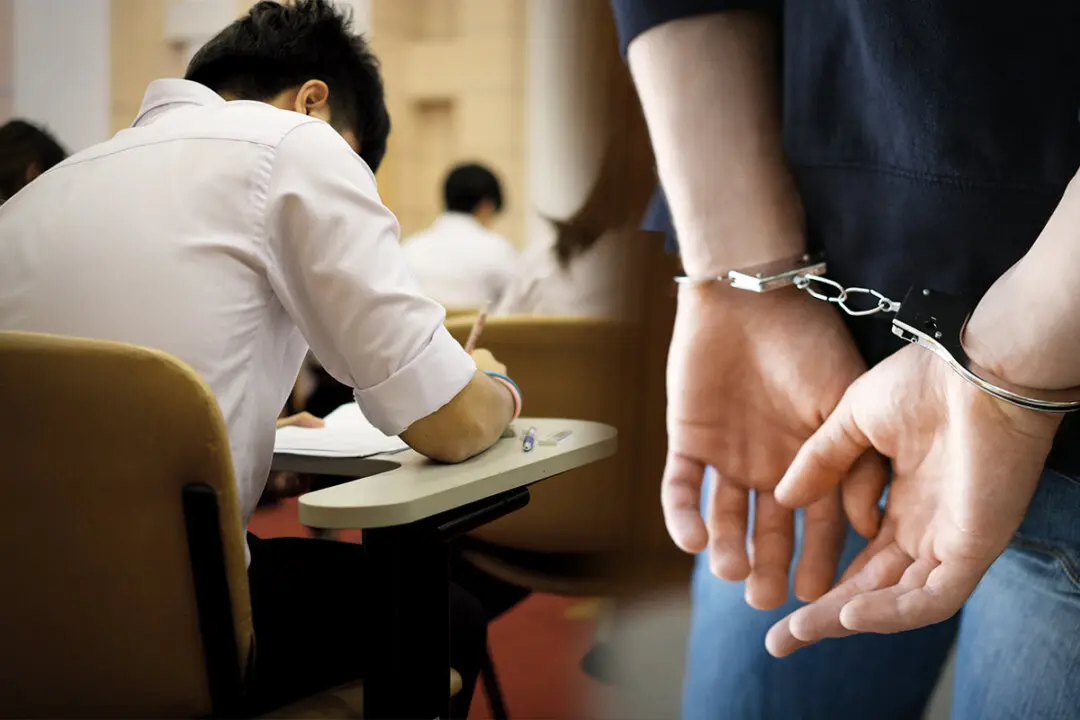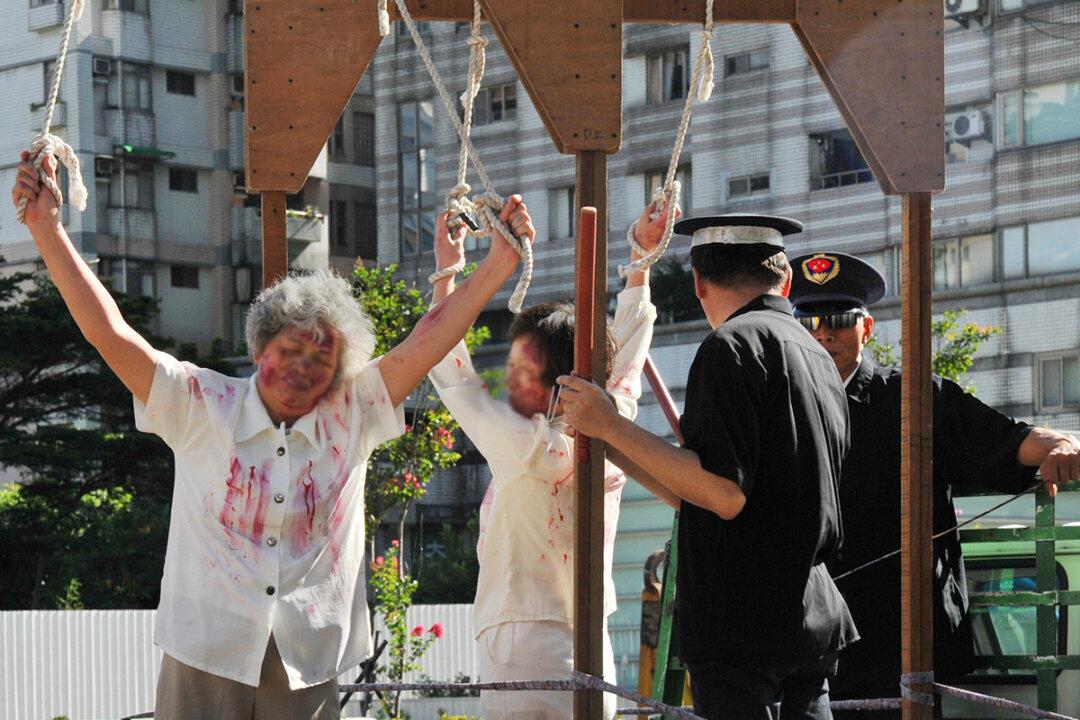Ever heard of police bribing school children to brainwash them to report on their parents and neighbors? This is one of the many unscrupulous ways the Chinese Communist Party (CCP) employs to repress people of faith and entice others to show their loyalty to the regime.
Since it came to power, the CCP has launched campaigns, one after another, to crack down on religious and spiritual groups. Not only does the regime shun the faith in divines as something “superstitious,” but the party also forbids its members, including those who are retired, from having any spiritual beliefs.





![‘Killing You Would Be the Same as Killing Ants’: Prisons Where Innocent Citizens Are Tortured [PHOTOS]](/_next/image?url=https%3A%2F%2Fimg.theepochtimes.com%2Fassets%2Fuploads%2F2023%2F12%2F09%2Fid5544114-Falun-DaFa-practitioner-1080x720.jpg&w=1200&q=75)